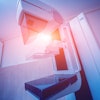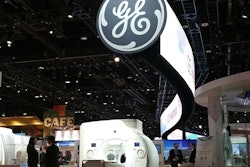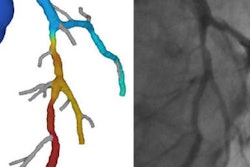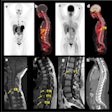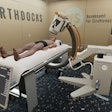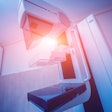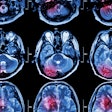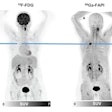Hemodynamic data from cardiac software developer HeartFlow's fractional flow reserve (FFR) software may help predict which coronary plaques have the potential to rupture, according to data presented at the recent EuroPCR 2016 congress in Paris.
The results were part of a study designed to determine whether use of HeartFlow's FFR technology could predict risk of developing acute coronary syndrome, a condition associated with sudden reduced blood flow to the heart.
The study, titled Exploring the Mechanism of the Plaque Rupture in Acute Coronary Syndrome Using Coronary CT Angiography and Computational Fluid Dynamics (EMERALD), evaluated 71 patients who experienced acute coronary syndrome and underwent coronary CT angiography (CCTA) between one month and two years previously.
HeartFlow's hemodynamic assessment, consisting of fractional flow reserve CT (FFRCT), and the change in FFRCT across the plaque, was a better predictor of which plaques would rupture and lead to acute coronary syndrome than percent diameter stenosis or adverse plaque characteristics, according to lead author Dr. Bon-Kwon Koo, PhD, from Seoul National University Hospital in South Korea.
A total of 226 coronary plaques from the CCTA scans were assessed -- 151 that had not ruptured (nonculprit lesions) and 75 that had ruptured and caused acute coronary syndrome. In addition, combining HeartFlow's hemodynamic assessment and adverse plaque assessments increased the discrimination of lesions at risk for causing acute coronary syndrome more than 10% over lesion severity alone.


